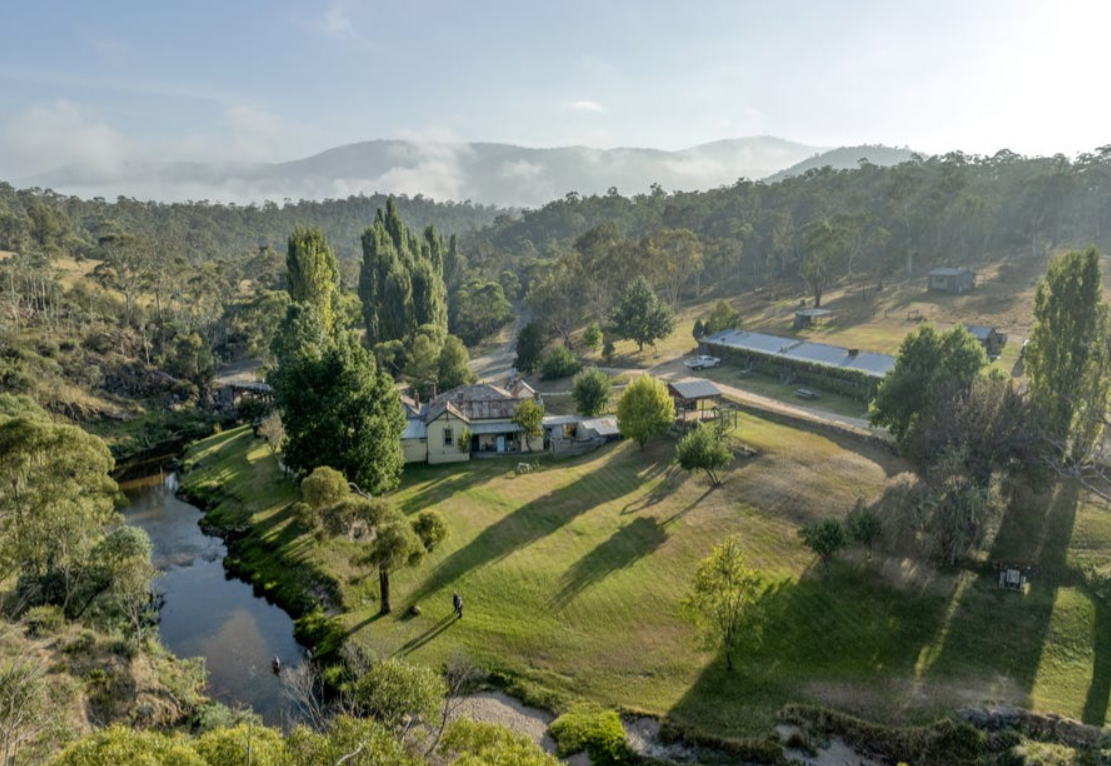When was the last time you thought about your Super? Let’s be honest, it’s something that’s very easy to just set and forget. Many of us understand the importance of Super, but are we confident that we’re all set to live out our dreamy retirement days road-tripping around Australia in the comfort of a caravan? Maybe not so much…
The Government have recently increased their focus on helping Australians consolidate their – often numerous – Superannuation accounts. With all this added attention on our retirement cash, we wanted to take a moment to reiterate the importance of knowing how your Super Fund is investing your money, and some of the red flags that you could look out for.
Investment options
Most Super Funds will provide a few ways in which you can choose to invest your contributions, on a high-level being categorised as pre-mix or DIY. The details of each option will vary from fund to fund so it’s important that you know your options and how they will influence the potential growth of your nest egg.
There are a few pre-mix options you can choose, as outlined by ASIC, ranging based on their risk and return levels:
- Conservative: where around 30% of your contributions are invested in shares and property (majority in fixed interest and cash). As the name suggests, this is the least risky of the pre-mix options and aims to reduce the risk of loss, thus delivering a lower return over a longer period. For this reason, it may be a more suitable option for those who have longer until they retire.
- Balanced:where around 70% of contributions are invested in shares or property, and the rest in fixed interest and cash. This option is often selected by those further from retirement since the returns are lower to reduce the risk of loss during bad years.
- Growth: generally provides higher risk and higher reward. Around 85% of contributions invested in shares/property which aim for higher average returns.
- Cash: provide a guarantee on your capital with 100% investment in Australian deposit-taking institutions or in a ‘capital guaranteed’ life insurance policy.
- Ethical: for those who want to ensure their contributions are invested in companies and schemes that meet environmental, social and governance standards. This pre-mix option follows an ethical strategy but you are not able to determine your level of risk.

DIY-options
There are a few Super Funds that let you get your hands dirty and pick how and where you invest your money. You can pick from the same asset ranges – shares, property, fixed interest or cash. This option is best for those who want more control over their contributions and transparency on their investments. Being quite hands-on, it’s suited to those who are able to dedicate the time needed.
SMSF
Then, of course, there are Self Managed Super Funds (SMSFs) which are private superannuation funds that you manage yourself. Self-managed funds provide full control over where, when, and how much of your contributions are invested within each asset class but may require more extensive knowledge of financial and legal matters.
Deciding which investment option to choose depends on your individual circumstances. Think about your risk appetite depending on how far you are from retirement and you possibly tweak your investment method accordingly.
For an easy-to-digest breakdown on SMSFs, check out our Understanding SMSFs series:
- Understanding SMSFs: What and Why
- Understanding SMSFs: Pros and cons of property
- Understanding SMSFs: The setup
Scanning for superannuation ‘scams’
Whichever option you decide will require regular reviews and check-ins, either from yourself or your financial advisor and there are some key things for you to look out for. Below are three examples of conduct by superannuation funds which may result in unnecessary costs for you, as a super fund member.
Excess Admin Fees
A superannuation fund may charge you excessive administration fees. AMP is facing a class action over allegations of charging excessive administration fees to its superannuation members’ accounts. According to Brooke Dellavedova, principal lawyer for the class action, affected AMP members were charged a 1.5% fee which was significantly higher than the industry-wide benchmark of 0.5%. While expensive administration fees may not be unlawful, you may be paying more than what is necessary.
Outsourcing Responsibilities
Outsourcing some functions to third parties is a common practice for superannuation funds to increase efficiency and enhance investment performance. However, this may mean the super fund is not fully informed, especially if too much responsibility is placed in the hands of third parties. After the Banking Royal Commission last year there has been increased pressure on Funds being more aware of whether those third party functions were performed in accordance to trustees’ obligations.
Failing to Put Members’ Interests First
Trustees of superannuation funds have a duty to perform in the best interests of its members. Some cases have shown that super funds do not prioritise the interests of its members. According to Productivity Commission chairman Michael Brennan, there are about 10 million duplicate accounts and insurance policies that members don’t know about.
So, it is definitely worth spending some time reviewing your superannuation on a regular basis. But of course remember that before you make any investment decisions, you should seek the advice of a qualified adviser.





